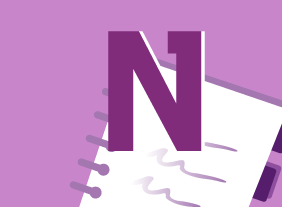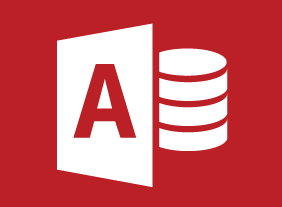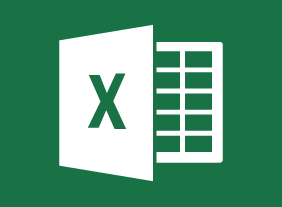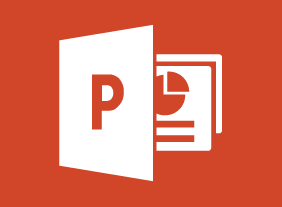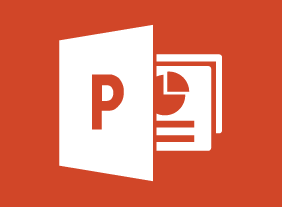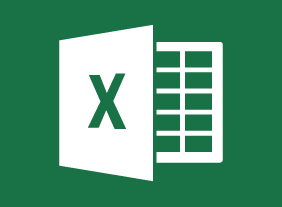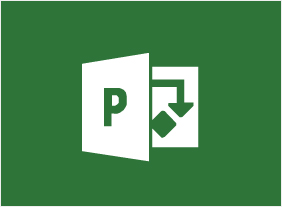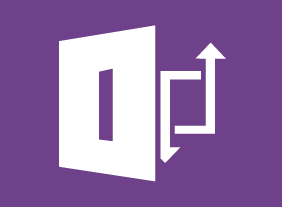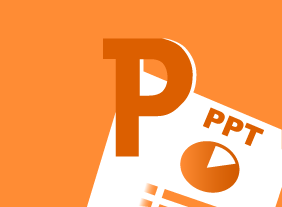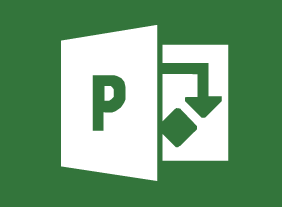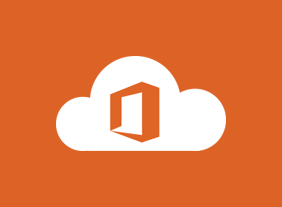-
Microsoft Word Online: Working with Images
$99.00In this course you will learn how to insert images, resize images, and adjust image appearance. -
Goal Setting
$99.00In this course, you will create your personal vision, identify your values, and make a bucket list. From there, youll create goals with SPIRIT, set up support systems, learn how to deal with setbacks, and identify ways to get started on your journey right now. -
Workplace Harassment: What It Is and What to Do About It
$99.00After completing this course, you will be able to identify acceptable and unacceptable behavior in the workplace, apply the benefits of harassment training, define the various types of harassment, assist in the creation of a harassment policy, understand ways to prevent and protect yourself from harassment, know what to do if you are the target of harassment or are accused of harassment, understand the complaint process, and how to help your workplace adjust after a harassment incident. -
Transgender Employees: Creating an Inclusive Work Community
$99.00In this course, you are going to learn about the importance and elements of safe inclusive workspaces for transgendered persons those identifying as one gender but born into the body of the opposing gender. You will consider terminology, elements, policies, and resources to build and sustain a safe, inclusive environment for transgendered employees and increase the comfort level and productivity off all in your organization. -
Microsoft Office 365: 2018 Feature Updates
$99.00By the end of this course, users should be comfortable using the new features released in 2018 for the desktop version of Microsoft Office 365, including features of Microsoft Word, Excel, PowerPoint, Outlook, Access, and Visio. -
Branding: Creating and Managing Your Corporate Brand
$99.00This course will get you started on the road to creating a perfect brand. Youll learn how to develop a visual identity from start to finish, the basics of graphic design, and how to keep your brand energized and alive. -
Tough Topics: Talking to Employees about Personal Hygiene
$99.00This course has two major themes. First, well give you a customizable framework for having tough conversations. Then, well look at some common tough conversations that come up, including body odor, flatulence, poor clothing and hair decisions, and bad breath. -
Mastering The Interview
$99.00In this course, you will learn how to prepare for and participate in a job interview. Well share the types of questions to expect, as well as the questions that you should think about asking. You will also learn how to prepare for second interviews, testing, and shadowing, as well as how to follow up after an interview. -
Making Your Business Better
$99.00This course demonstrates how various factors work together to ensure a company flourishes. Students will be guided through positioning and pricing, marketing, selling, negotiating, responding to RFQs, project management, team building, productivity, and strategic planning. Other courses that may be of interest to the student are Building Your Self Esteem and Assertiveness Skills, Business Leadership, Business Ethics in the Office, Creating a Positive Work Environment, and Getting Stuff Done - Personal Development Boot Camp.



